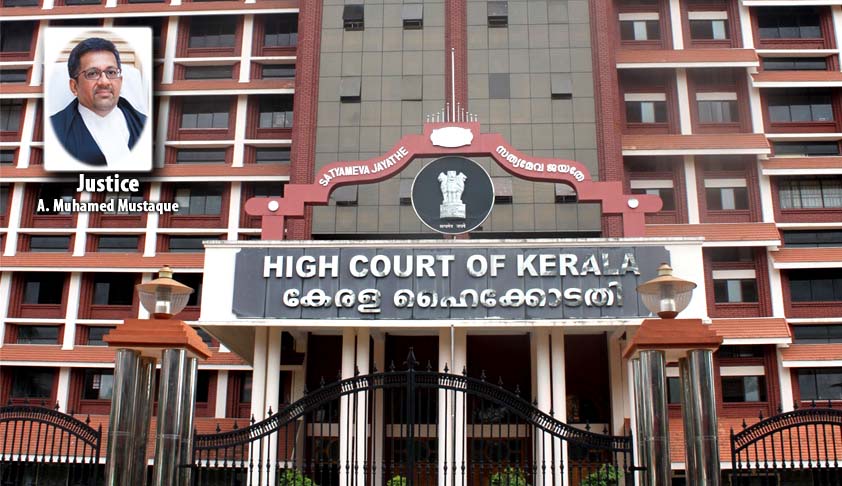The Indian Press has to maintain secular credential while discharging public function; Kerala HC
Ajith.S
9 July 2015 8:49 PM IST

Next Story
9 July 2015 8:49 PM IST
The High Court of Kerala, considering a case (Inter Media Publishing Ltd vs. State of Kerala - WP(C).No. 10727 of 2013) where a Malayalam newspaper by name “Thejass” was denied Governmental advertisements on the ground of it propagating extremist ideology and thereby creating communal divisions in the Society at large, has in a pellucid judgment observed that the Indian Press has to...
